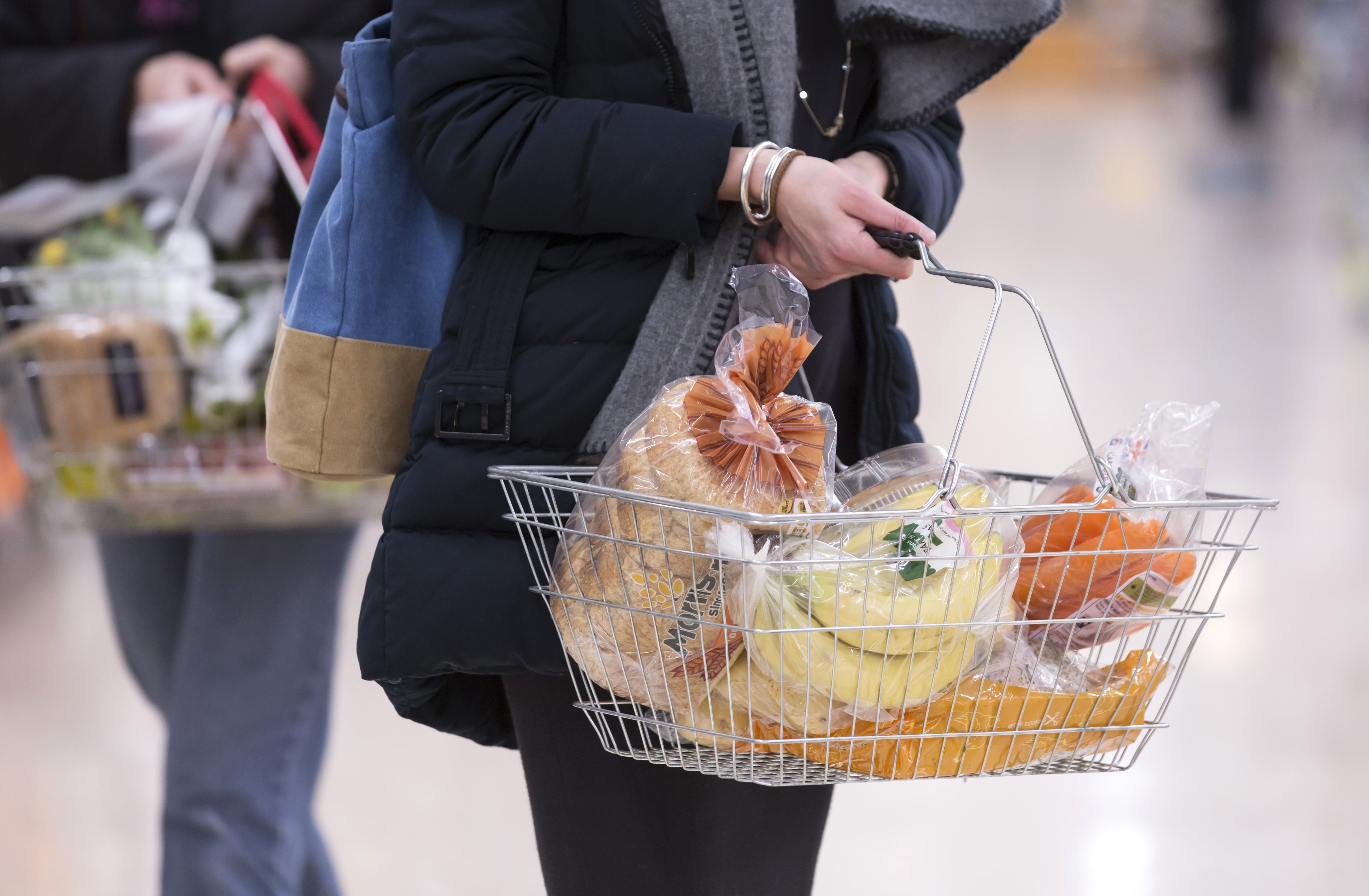Shop price decline slows as rising costs filter through to consumers
Shop prices decreased by 0.5% year-on-year from 0.8% in August, according to the BRC-NielsenIQ index.

Your support helps us to tell the story
From reproductive rights to climate change to Big Tech, The Independent is on the ground when the story is developing. Whether it's investigating the financials of Elon Musk's pro-Trump PAC or producing our latest documentary, 'The A Word', which shines a light on the American women fighting for reproductive rights, we know how important it is to parse out the facts from the messaging.
At such a critical moment in US history, we need reporters on the ground. Your donation allows us to keep sending journalists to speak to both sides of the story.
The Independent is trusted by Americans across the entire political spectrum. And unlike many other quality news outlets, we choose not to lock Americans out of our reporting and analysis with paywalls. We believe quality journalism should be available to everyone, paid for by those who can afford it.
Your support makes all the difference.The decline in shop prices slowed in September in “clear signs” that rising commodity and transport costs, labour shortages and Brexit red tape are filtering through to consumers, figures suggest.
Shop prices decreased by 0.5% year-on-year from 0.8% in August, according to the BRC-NielsenIQ index.
It is a significant slowdown from 1.2% deflation in July, amid fears that supply chain disruption is increasing costs for retailers who could pass some of this cost to customers.
Food prices rose year-on-year for the first time in six months, up 0.1% in September, while some non-food products such as DIY and gardening saw the highest rate of inflation since summer 2018.
Other product ranges, such as furniture and electricals, have also seen annual price rises for consecutive months, indicative of unresolved shipping issues coupled with high demand.
British Retail Consortium chief executive Helen Dickinson said: “September saw overall prices fall, but the decline is slowing. There are now clear signs the months-long cost pressures from rising transport costs, labour shortages, Brexit red tape, and commodity costs are starting to filter through to consumer prices.
“It is inevitable that prices will continue to rise, but Government intervention would minimise the impact on consumers.
“Supply chains have been put to the test recently, with CO2 and HGV shortages. Government needs to find a long-term solution to the HGV driver shortage by expanding the size and scope of the new visa scheme for drivers from abroad so they can fill the gaps while new British drivers are trained.
“Without this, these additional burdens to what is already a precarious trading environment, will affect the British consumer and the prices they pay for the goods they want and need.”
Mike Watkins, head of retailer and business insight at NielsenIQ, said: “Disruption in the supply chain and increased input costs are now starting to feed through and food prices increased slightly from last month. However low prices on seasonal fresh foods are helping to offset rising prices in ambient food.
“Whilst non food retailers have so far been able to mitigate a lot of the impact, the outlook is for shop price inflation to return over the next few months.”